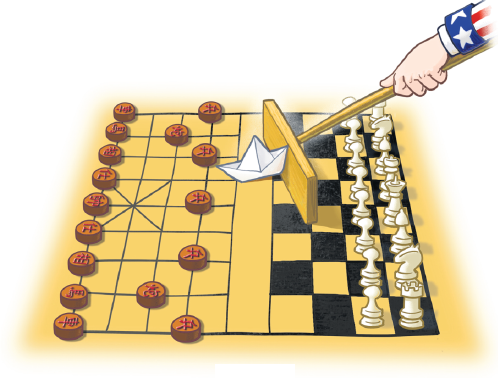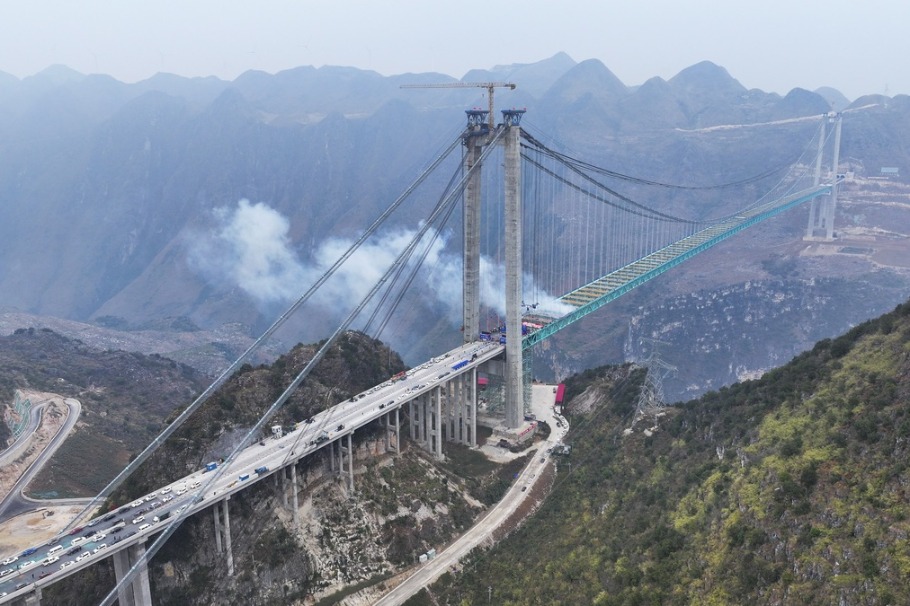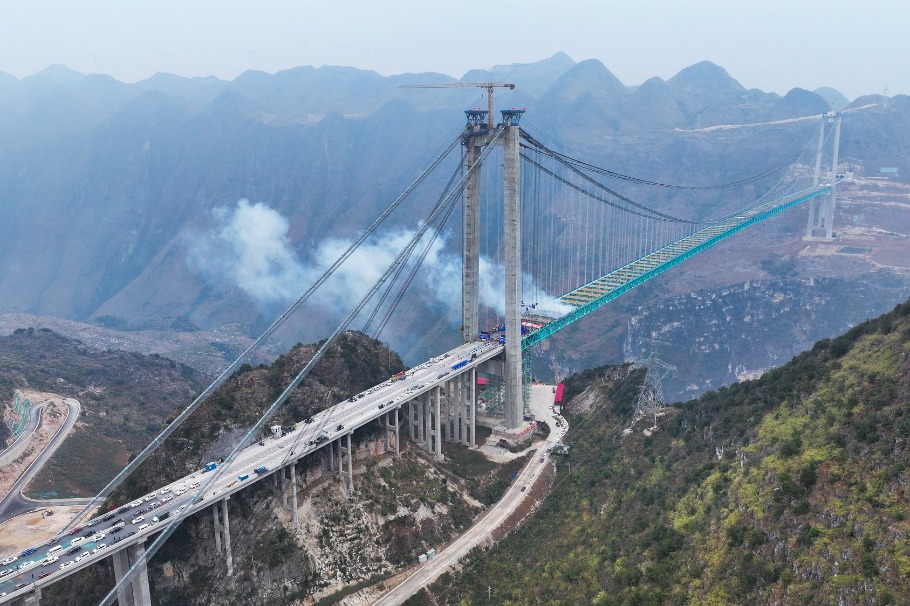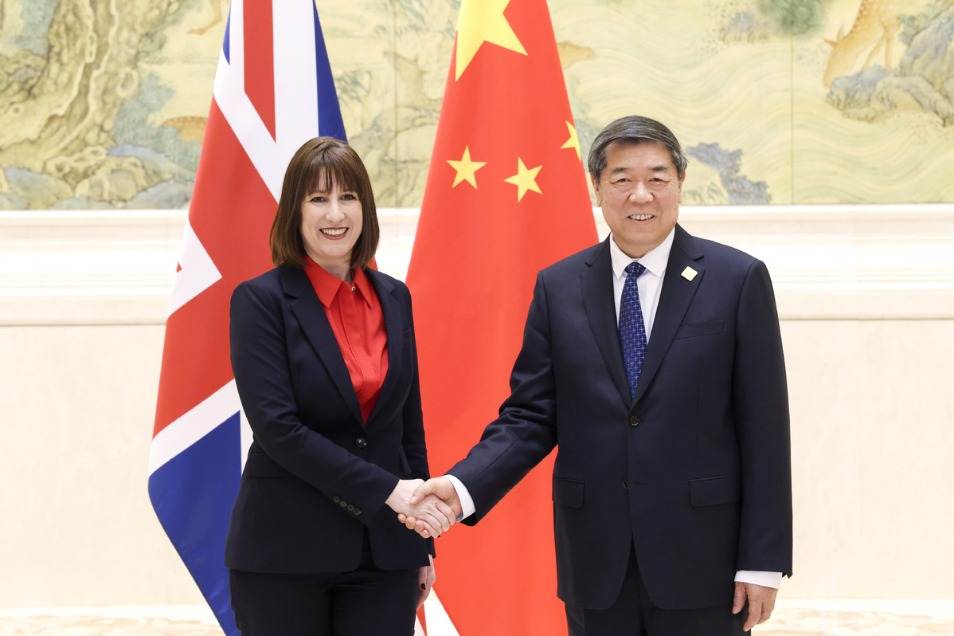Uneasy calm


China faces both long-term and short-term challenges in the East China Sea and South China Sea
The East China Sea and South China Sea have maintained stable situations in general since 2019.However, as new changes emerge, China faces both long-term and short-term challenges.
To start with, the long-term challenges are more severe than the immediate ones. Despite the disputes and frictions over the East China Sea and South China Sea issues, the overall situation has been under control for the past few years. In the long run, however, risks and challenges still exist. On the diplomatic front, a United States-led encirclement of China at sea is taking shape. For instance, Japan has been doing its utmost to hype up the Diaoyu Islands issue, and the Japanese government and Japanese media have been criticizing China's Coast Guard Law when Japan itself has had a similar law for a long time.
Second, some countries including the United States have been conducting diplomatic and public opinion wars aimed at fundamentally overthrowing the legitimacy of China's maritime actions. They not only oppose any move by China to defend its territorial integrity and sovereignty rights, but also challenge any Chinese action at sea. They have long been disseminating anti-China narratives, seeking to foster negative public views of China in neighboring countries, thus influencing their China policies.
These countries' so-called safeguarding of the rules-based international order is de facto maintaining the balance of power and strategic positions that are favorable to countries such as the United States. Increased military presence in China's near sea areas by extra-regional powers such as the United Kingdom and France under the pretext of "freedom of navigation" manifests their distrust of China.
Third, although an Asian version of the North Atlantic Treaty Organization is impossible to establish in the short term, the US is strengthening its military equipment cooperation and intelligence sharing with some countries in the region. In this sense, the United States will strengthen its military presence in these areas and step up their military operations. The probability of Sino-US air and maritime encounters will continue to rise.
Situations are quite different when it comes to different hotspots.
First of all, tensions in the East China Sea issue have also been escalating. Japan has become increasingly anxious about China's recent maritime development, and is sometimes tougher than the US on some issues. There is a great discrepancy in public opinion and policy between the two countries. The Chinese side used to attach high hopes on the improvement of bilateral relations, therefore keeping its Japan policy moderate; the Japanese side, however, has shown no intention to meet China halfway.
Since 2020, the Japanese government and media have reacted strongly to China's coast guard patrolling the waters surrounding the Diaoyu Islands. Japanese "fishing vessels" have been sent to the islands, leading to multiple frictions with the Chinese coast guard. In September 2020, the Ishigaki city council in Japan's Okinawa prefecture passed a bill that proposes conducting reconnaissance and building facilities on the Diaoyu Islands in support of fishing activities.
Since Yoshihide Suga took office as Japan's new prime minister in September 2020, Japan has taken a tougher stance against China, making unusually tough comments on the South China Sea issue, the East China Sea issue and even the Taiwan question. Despite all this, the Sino-Japanese high-level consultations on maritime affairs have never ceased and the two countries, to some degree, still have a consensus on crisis management, although Japan's domestic politics and public opinion ensure that the situation will not ease in the short run.
Second, the situation in the South China Sea has eased compared with last year. On the one hand, expectations of manageable military competition between China and the US have been intensifying. The Joe Biden administration has explicitly said that the competition with China should be "manageable" to achieve the goal of "competition without catastrophe".China on its part has always advocated peace and stability. But increasing air and maritime encounters increase the possibility of a mishap. At the same time, the negative impact of the South China Sea arbitration, unilaterally initiated by the Philippines in 2013, continues. After the South China Sea arbitration "award" was issued in July 2016, Vietnam, Malaysia, the Philippines and Indonesia began to adjust their policies, essentially denying the existence of any maritime delimitation disputes with China in the central and southern South China Sea.
The author is director of Peking University Center for Maritime Strategy Studies. The author contributed this article to China Watch, a think tank powered by China Daily. The views do not necessarily reflect those of China Daily.


































